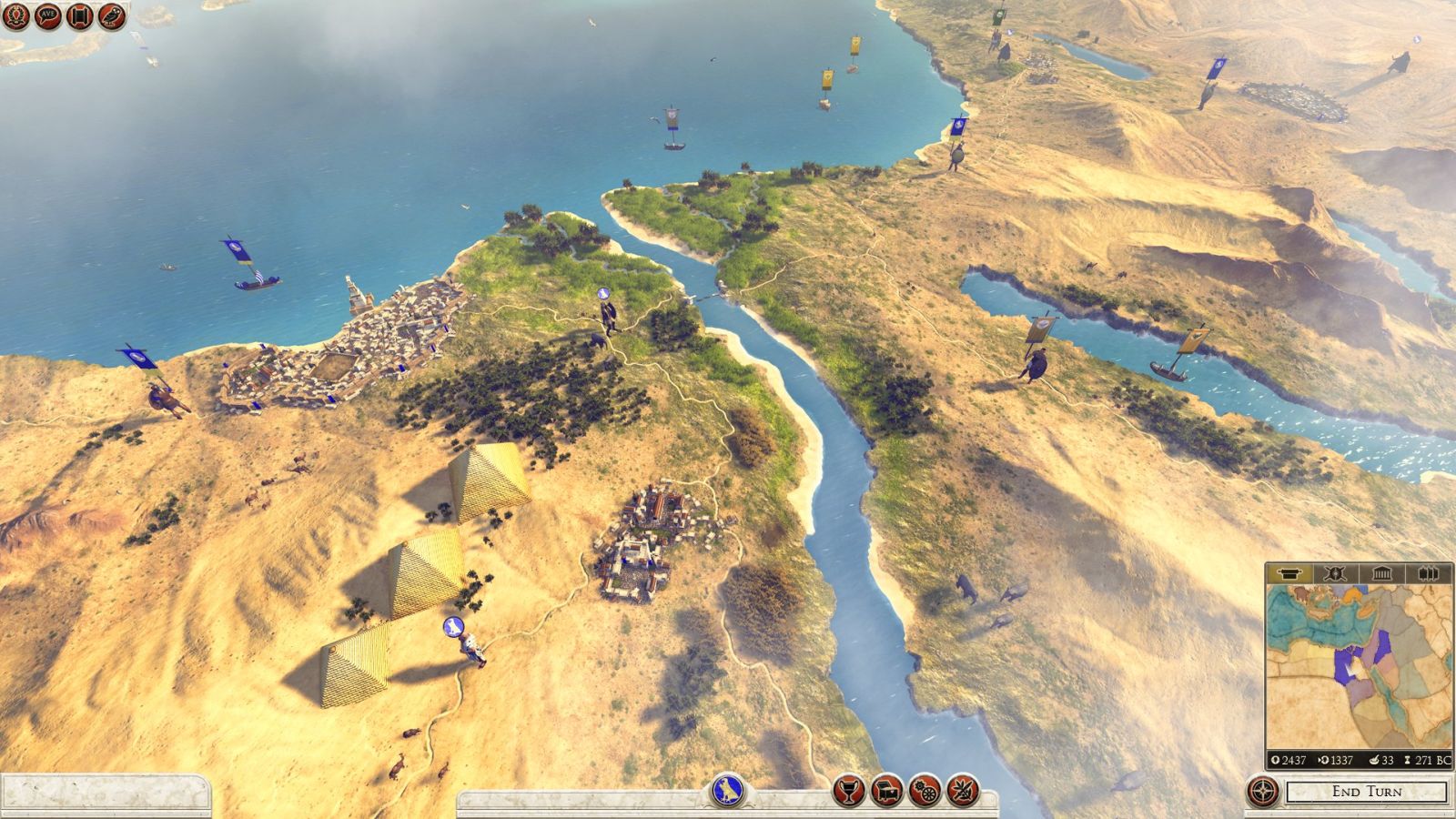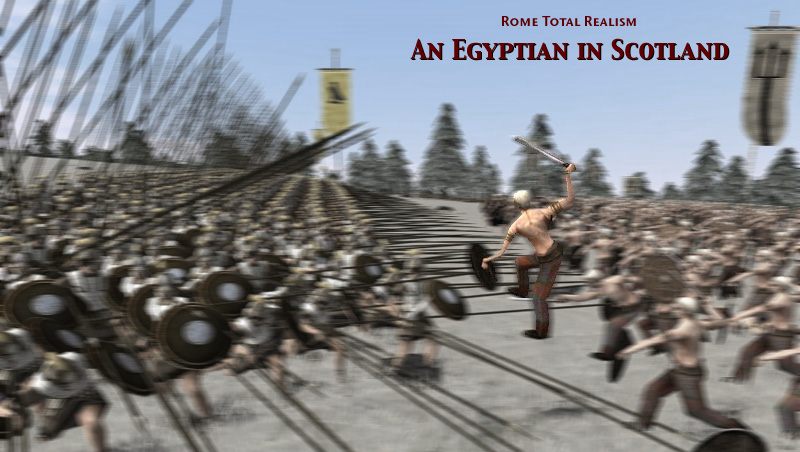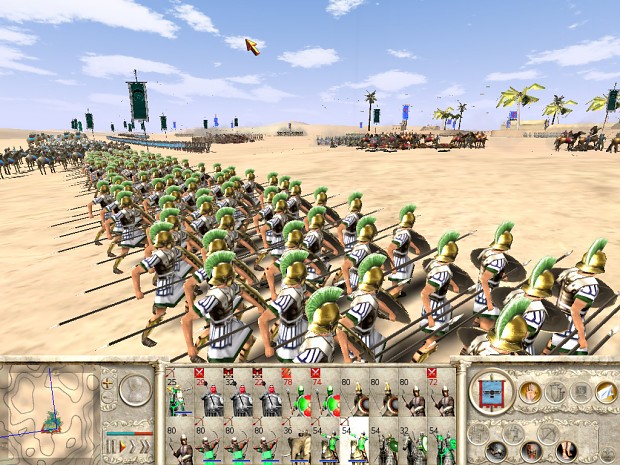
Where there’s a will, there’s a way, and in a society that coveted public glory, ambitious women found their way into the history books too, even if just in scraps and unflattering snatches. Theirs was a distinctly patriarchal world, true fame and public achievement was supposed to be reserved for men.

She wove such fine wool she kept such a fine house she was so very chaste and never made her father look bad! They weren’t welcome in the public sphere of governance. Any fame she won was supposed to be confined to the private, domestic sphere. They are skilled statesmen and academics, and their naval prowess is unquestioned.In ancient Rome, a woman was defined in relation to her family. This new dynasty may yet expand its territory and influence further – perhaps to unify the Greek-speaking peoples? Or west, to carry out Alexander's threatened conquest of Carthage?Īs a Successor Kingdom, Ptolemaic Egypt is progressive and forward-looking.

While Alexandria has become a beacon of civilisation and learning, its rulers are power-hungry opportunists. Egypt's position on the Mediterranean Sea also requires a substantial navy to protect its colonial and trade interests.

Making great use of spear and pike, their forces are further diversified with skilled swordsmen, scythed chariots, and more exotic units such as African war elephants. The intermingling of Greek and Egyptian fighting styles provides the Ptolemaic Pharaohs with a military that is both advanced and balanced, yet still honours the role of the champion commander. But things are not always harmonious with Greek units garrisoned and veterans settling throughout the territory, the privileges of Greek citizens have led to frequent and bloody uprisings by the indigenous people.

Greek culture and learning are actively encouraged however, and an upper class of Greco-Egyptians has emerged. With Alexander’s empire fragmenting, Ptolemy declared his independence, securing Egypt against his power-grabbing rival generals during the Wars of the Successors (322 – 275BC).Įmbracing Egyptian religion and customs, the Ptolemies have since made themselves Pharaohs, continuing the long engineering tradition of great temple and monument building. Founded by Ptolemy in 305BC following the death of Alexander the Great, it has become a centre of culture and trade under the influence of its Macedonian rulers.Ī general under Alexander, Ptolemy was appointed to govern Egypt after his king’s sudden demise. Ptolemaic Egypt has close cultural ties to the Hellenistic world, while maintaining many Egyptian traditions.


 0 kommentar(er)
0 kommentar(er)
